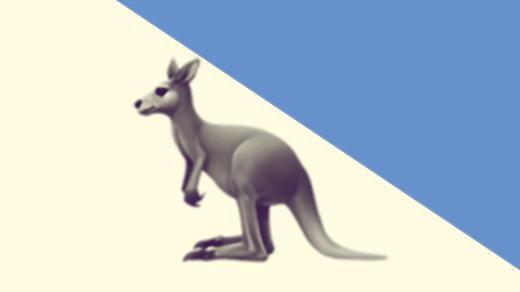What is an Acknowledgement of Country, and how can I deliver one in a genuine and meaningful way?

This is the acknowledgement we have included on every page of our site:
We acknowledge the Wurundjeri and Boonwurrung people of the Kulin nation, and the Ngunnawal people as the Traditional Owners of the lands on which the creators of this website live, work, write and play. We also acknowledge the Traditional Owners of Country throughout Australia, and recognise their continuing connection to land, waters and culture. We recognise that sovereignty over the land has never been ceded, and pay our respects to Elders past, present and emerging. Always was, always will be Aboriginal Land.
If you live in Australia, you’re probably familiar with seeing different versions of this and might be wondering what it is, or how to approach one for yourself.
What is an Acknowledgement of Country?
First, there’s an important difference between a Welcome to Country and Acknowledgement of Country:
- A “Welcome to Country is delivered by Traditional Owners, or Aboriginal and Torres Strait Islander peoples who have been given permission from Traditional Owners, to welcome visitors to their Country”’ — imagine you’re hosting a birthday: the host might do a welcome and say thank you for coming to my birthday, but it wouldn’t be appropriate for one of the guests to make this announcement
- An Acknowledge of Country is like if you’re a guest at the birthday: it’s an act of recognition and respect to say thanks for having me — and that’s what we are doing when we deliver one of these.
Incorporating Acknowledgement of Country and Welcome to Country into meetings, gatherings, and events shows respect by upholding Aboriginal and Torres Strait Islander cultural protocols. Taking the time to Acknowledge Country, or including a Welcome to Country at an event, reminds us that every day we live, work, and dream on Aboriginal and Torres Strait Islander lands.
Reconciliation Australia
How to write an Acknowledgement of Country and deliver it authentically
The ‘Acknowledge This’ training is a 2 hour online course you can do if you want to learn how to deliver a genuine and authentic Acknowledgement of Country.
The course will leave you with:
- A deeper understanding of what an Acknowledgement of Country is
- The purpose of each part of an Acknowledgement of Country
- Your own personalised Acknowledgement of Country format to adapt for any gatherings where you want to Acknowledge our shared history.
Having done this myself a few years ago, I highly recommend it to anyone who feels awkward or uncertain about how to approach these things in the most respectful way.
If you don’t have the money or time, then this podcast episode (30min) is a great introduction!
My Acknowledgement of Country
The structure suggested in the ‘Acknowledge This’ training is: self, people, place — and don’t be afraid to personalise!
Here’s what I’ve come up with:
Self
I’m a first generation Australian: my Dad was from England, Mum is from New Zealand, and I was born here. I sometimes wonder if my distributed family has made me feel more like a ‘global citizen’ than a ‘local person’. I’m striving to learn how I can be the most respectful non-Indigenous Australian person I can be, as I continue to call this country home. (Even writing this post, I wonder if I’m ‘doing it right’, if I should be writing this at all? I think the most important thing is to be open to feedback and change, so we can learn from a mistake if we eff something up.)
People
I don’t know who’s going to read this (Aimee? Aaron? Mum?) but I want to acknowledge you, whoever you are, and wherever you are. I appreciate that you’ve found this little website, however that happened. I hope it helps you in some way.
Place
I’m writing this post on Wurundjeri land, near the Merri Creek in Naarm Melbourne. If you’re in Australia too, you’re on the lands and waters of Australia’s First Peoples. Rather than ‘ownership’ as you might typically think of it, they are the true custodians: a part of the land while the land is a part of them.
I recognise that sovereignty over the land has never been ceded, and pay my respects to Elders past and present.



